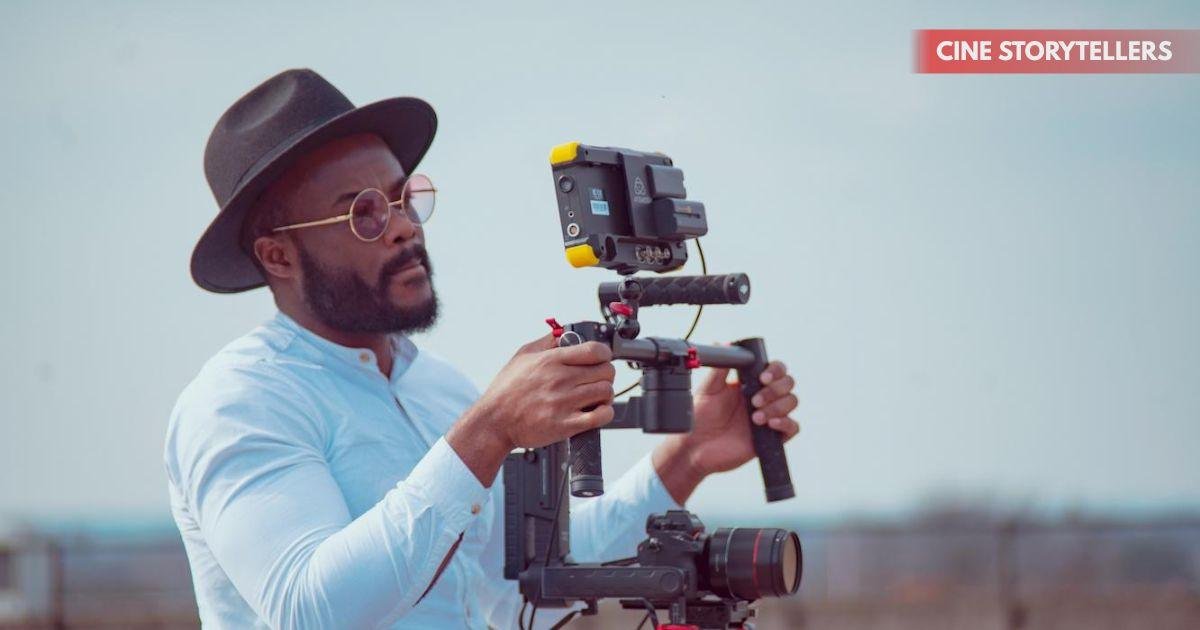When we watch a movie, we often admire the performances of actors, the vision of directors, or the brilliance of writers. But behind every successful film lies a driving force—the movie producer. The role of a movie producer in filmmaking is far more than financing; it involves managing creative vision, budgets, schedules, and ensuring the film reaches the audience. Without a producer, even the most brilliant ideas may never see the light of day.
This article explores the essential responsibilities of a movie producer, their influence in different stages of filmmaking, and why their role is crucial in turning scripts into cinematic experiences.
What is a Movie Producer?
A movie producer is essentially the project manager of a film. They are responsible for overseeing the production from start to finish. While the director focuses on artistic expression, the producer ensures that the film is made on time, within budget, and aligned with its intended audience.
Producers wear many hats—they are part business leaders, part problem solvers, and part creative collaborators. They bridge the gap between artistic vision and commercial reality.
Types of Movie Producers
Not all producers have the same responsibilities. Different kinds of producers contribute in unique ways:
1. Executive Producer
- Typically provides funding or secures financing for the film.
- May also represent the studio or production company.
2. Line Producer
- Manages the day-to-day operations of a film set.
- Ensures production stays on schedule and within budget.
3. Co-Producer
- Shares responsibilities with other producers.
- May focus on specific areas such as casting, marketing, or script development.
4. Associate Producer
- Assists with production tasks and supports senior producers.
- Often works on coordination and communication between departments.
Understanding these categories helps us see how broad and versatile the role of a producer can be.
Responsibilities of a Movie Producer in Filmmaking
The responsibilities of a movie producer span across every stage of production:
1. Development Stage
- Finding and securing scripts or book rights.
- Hiring screenwriters to polish or adapt the script.
- Assembling a potential budget and attracting investors.
- Establishing the overall vision of the project.
During this stage, the producer is like a startup founder—bringing the idea to life and convincing others to invest in it.
2. Pre-Production Stage
- Hiring the director, cinematographer, cast, and crew.
- Finalizing the budget and creating a production schedule.
- Securing shooting locations and necessary permits.
- Coordinating departments like costumes, set design, and makeup.
Pre-production is where detailed planning happens. A producer ensures everything is in place so that once cameras roll, the team works efficiently.
3. Production Stage
- Supervising daily operations on set.
- Managing unexpected challenges like weather delays or technical issues.
- Keeping the team motivated and the director supported.
- Monitoring expenses to ensure the film doesn’t go over budget.
During filming, the producer is the backbone of organization, ensuring the creative process flows smoothly without financial or logistical roadblocks.
4. Post-Production Stage
- Overseeing editing, sound design, and visual effects.
- Collaborating with the director and editors to achieve the final cut.
- Ensuring the film meets deadlines for festivals or release.
Producers often have the final say on the editing process, balancing artistic goals with market appeal.
5. Marketing and Distribution
- Planning promotional campaigns with the marketing team.
- Negotiating deals with distributors or streaming platforms.
- Overseeing trailers, posters, and press tours.
The role of a movie producer extends beyond filmmaking. They also ensure the film reaches its intended audience and performs well commercially.
Why Are Movie Producers Important?
The movie producer’s role is vital because they:
- Balance Creativity and Business: They protect the director’s vision while making sure the film is financially viable.
- Provide Leadership: Producers motivate teams, resolve conflicts, and make critical decisions.
- Ensure Completion: Without producers, many films would get stuck in development and never finish.
In short, the producer is the anchor that holds all aspects of filmmaking together.
Famous Movie Producers Who Shaped Cinema
Some producers have become legendary for their ability to transform ideas into iconic films.
- Kevin Feige – The mastermind behind the Marvel Cinematic Universe.
- Kathleen Kennedy – Known for producing Star Wars films and Jurassic Park.
- Jerry Bruckheimer – Famous for blockbuster hits like Pirates of the Caribbean and Top Gun.
These producers highlight how influential the role can be in shaping modern cinema.
Challenges Faced by Movie Producers
The role of a movie producer in filmmaking is not without challenges:
- Budget overruns due to unforeseen circumstances.
- Creative disagreements with directors or studios.
- Market risks if the film doesn’t perform well.
- High responsibility for managing hundreds of people.
Despite these challenges, skilled producers know how to adapt, problem-solve, and keep the project moving.
Future of Movie Producers in the Digital Age
With streaming platforms like Netflix, Amazon Prime, and Disney+, producers now face new opportunities and challenges.
- Global Reach: Streaming services allow films to reach international audiences instantly.
- Smaller Budgets, Bigger Impact: Independent producers can find success without massive studio backing.
- Changing Audience Preferences: Producers must adapt to trends like short-form content and interactive media.
The role of a movie producer will continue evolving, but their importance in filmmaking will remain central.
Also Read : The Untold Story of Millie Bobby Brown’s Rise to Fame at 20
Conclusion
The role of a movie producer in filmmaking is multi-dimensional—part visionary, part financier, and part leader. From finding scripts to managing budgets, from overseeing shoots to marketing films, producers are the unsung heroes who turn dreams into reality.
Without producers, the world of cinema would lack structure, funding, and execution. They are the glue that binds creativity and commerce, ensuring that every movie we enjoy makes it to the big screen.
Join our WhatsApp channel for more updates and information about celebrities and entertainment

I’m Atul Kumar, founder of Cine Storytellers and an entertainment creator with 5+ years of experience. I cover films, celebrities, music, and OTT content with a focus on accurate, ethical, and engaging storytelling. My goal is to bring readers trustworthy entertainment news that informs, inspires, and goes beyond gossip.
Discover more from Cine Storytellers
Subscribe to get the latest posts sent to your email.
